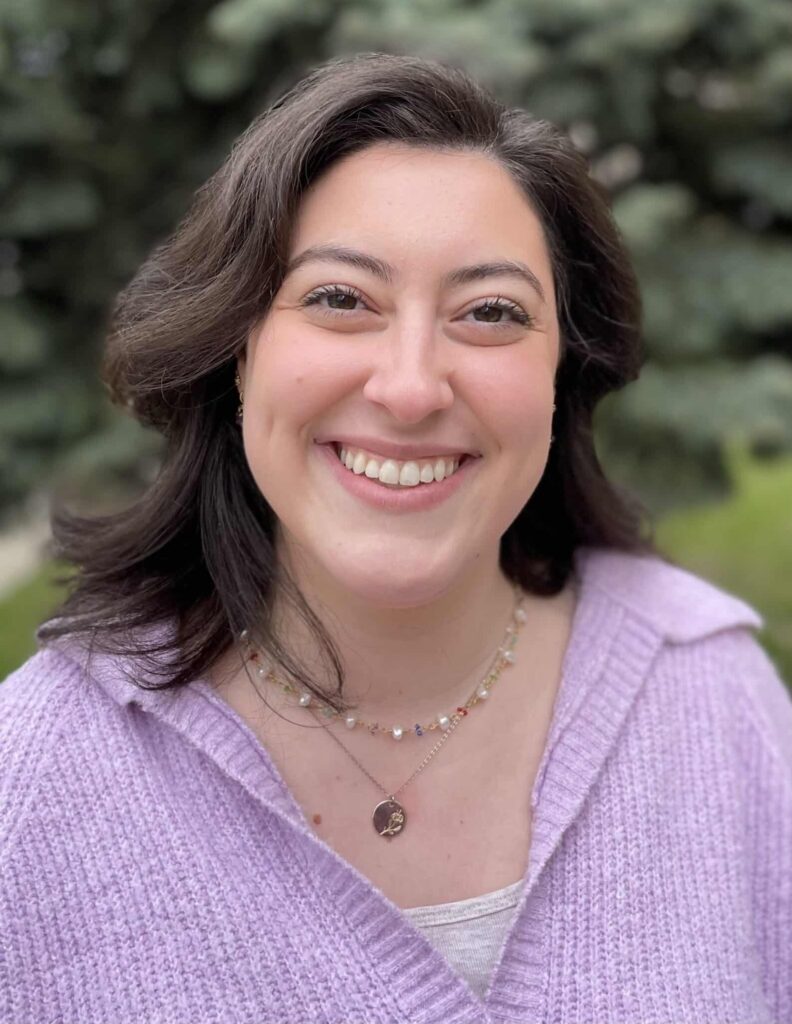Victoria is a psychotherapist at Wildflower. In her clinical practice, Victoria draws on Acceptance and Commitment Therapy, Dialectical Behavior Therapy, Radically Open Dialectical Behavioral Therapy, Cognitive Behavioral Therapy, and Exposure and Response Prevention. Victoria works with adults, couples, and family structures experiencing stressful transitions including the transition to parenthood, anxiety, mood disorders, trauma, and relationship issues. Victoria has experience in addressing maladaptive ways of coping and finding more adaptive strategies, identifying values-aligned actions, and incorporating mindfulness practices in various aspects of one’s life. She obtained her master’s degree through The Family Institute at Northwestern University. Read Victoria’s full bio here.
What inspired you to pursue a career as a psychotherapist?
I always knew I wanted to be in a helping profession, even as a kid. I was drawn to teaching and nursing because I love sharing knowledge and helping others master skills, while also extending compassion and a healing hand. For me, therapy feels like a combination of the two professions. I get to teach clients skills to help cope with and work through challenges while providing a safe space to heal.
As a psychotherapist, what part of your job is most satisfying?
Bearing witness to clients’ resilience and ability to overcome stressors is the most satisfying part of my work.
How would you describe your therapeutic approach?
My approach to therapy is flexible – I prioritize collaboration with my clients and like to integrate a variety of tools/modalities depending on needs.
Why do you believe that psychotherapy can help?
At the very least, I think psychotherapy can help folks process and talk through their challenges and stressors, in the hopes of taking on a new perspective. At most, I think therapy can create space for sustained change and adaptability as stressors ebb and flow.
What are some of your specialties and what drew you to them?
I really enjoy doing exposure work for OCD and anxiety. Though OCD can sometimes be tricky to treat and reassurance seeking behaviors can be tough to change, I find this work with clients most rewarding. It’s such a privilege to witness someone in real time overcoming what was once “unimaginable”.
What is one thing about psychotherapy you wish everyone knew?
Therapy is a space where you can come as you are, and as clinicians, we try our best to meet you where you’re at!
What is your motto or personal mantra?
“Don’t cling to a mistake just because you spent a lot of time making it.” – Aubrey De Graf
What are your favorite self-care activities?
My favorite means of self-care are cuddling with my cat, Thalia, going for long walks (preferably by the lake), and trying new cookie recipes.


